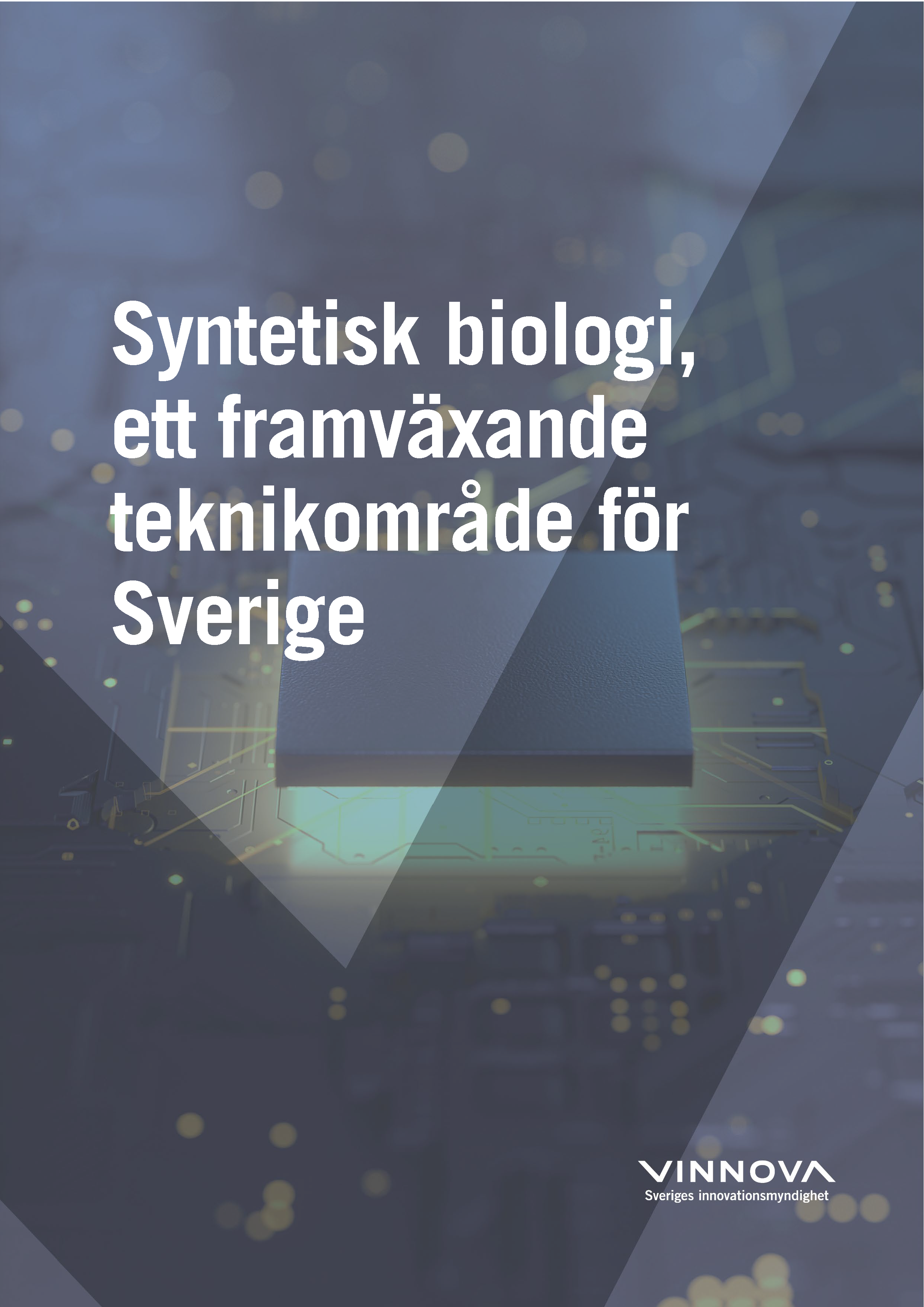Synthetic biology, an emerging technology area for Sweden

Synthetic biology, an emerging technology area for Sweden
Go directly to the reportSynthetic biology is an emerging area of biotechnology where living systems, often microbes, are designed to contribute solutions in a range of fields. It is a ground-breaking technology where development is fast. One example is the development of mRNA vaccines against Covid-19.
The technology will gain even greater importance in the future and can contribute to solutions to important challenges such as the climate crisis and unsustainable resource utilization.
By mapping and utilizing nature's own processes and biological solutions, microorganisms can be designed to reduce the impact of food production, transportation, energy supply and industrial activities. Synthetic biology has potential to reduce global greenhouse gas emissions by eight percent by 2030 according to calculations from Danish industry (source: Alliance for Biosolutions - Where innovation meets nature).
It is important that Swedish researchers, companies and decision-makers pay attention to this ground-breaking technology and its possibilities. This report provides examples of the potential of synthetic biology and describes some of the large-scale investments taking place in countries such as the USA, China, Denmark and the UK. It also contains an analysis of Sweden's position within the area.
The government has given Vinnova the task of identifying and proposing strategically important technologies that can strengthen Sweden's competitiveness and business investments in research and development by 31 October 2024. This report is included as a document linked to the government assignment.
- Published
- 2024-October
- Series number
- VR 2024:14
- Publisher
- Vinnova
- Author
- Lars Friberg
- ISBN
- 978-91-89905-16-0
- ISSN
- Number of pages
- 30
Last updated 29 January 2025

